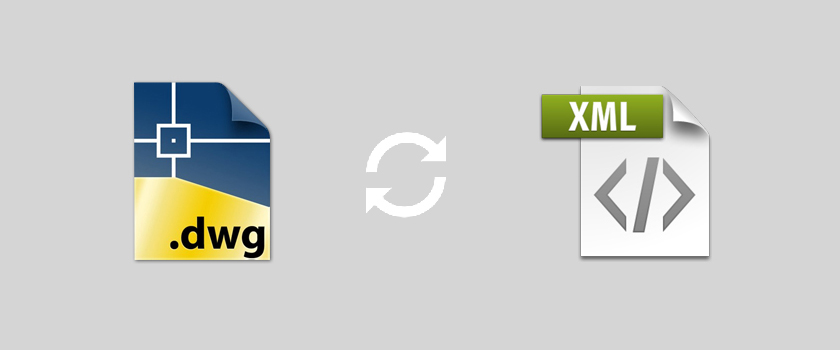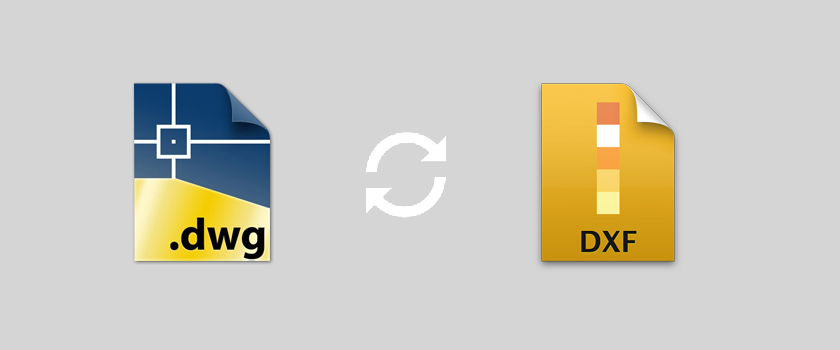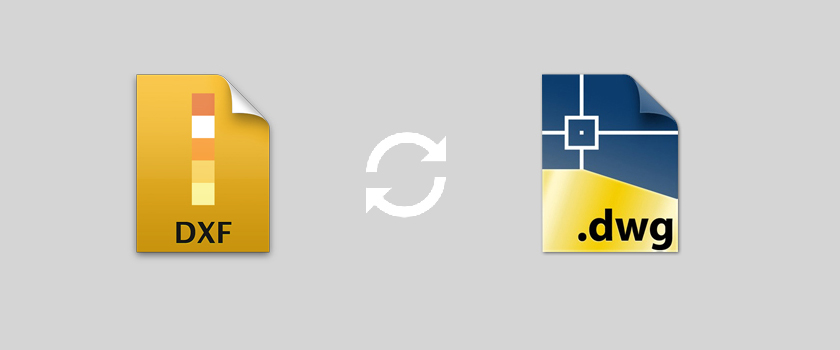Clinical trials are the key to producing new and innovative medicines. As the world population increases and new pandemics and diseases surface, the need for efficient clinical trial supply has increased over the past decade. Efficient and regulated clinical trial supply is not just beneficial for the patients, it is equally life-changing for pharmaceutical manufacturers, life-science and biotech companies, hospitals, research organizations as well as academic institutions. However, clinical trial supply is an expensive, complicated, and potentially challenging undertaking.
Before exploring the business capabilities required for clinical trial supplies, it is important to define what a clinical trial supply is and what the R&D spending on making clinical trial supplies efficient and error-free.
Clinical Trial Supply is defined as the supply of materials needed for conducting a clinical trial. This includes 24-hour collection and delivery of biological specimens (such as infectious samples), clinical trial translations, investigation drug kits, and other study materials and supplies.
As clinical trials increase in volume and become more complex, the supply of clinical drugs has become even more important. An efficient clinical drug supply can reduce the possibility of it being a bottleneck in successful drug delivery.
The growth in clinical trials has resulted in accelerated R&D spending in the pharmaceutical industry, with estimates of $190 billion in 2019, which is 30% more than in 2015. Other than this, industry-funded clinical trials have also increased, with more than 6,100 starting in 2019. Additionally, the development of COVID-19 vaccines has resulted in shorter timelines and a shift to decentralized trials.

To ensure error-free drug supply and clinical trial efficiency, it is important to have some business capabilities in place such as:
In the process of ensuring smooth clinical trial supplies, one cannot forget the cell and gene therapies that are expected to grow from 16% of product launches in 2021 to 36% in 2025. To ensure efficient cell and gene therapy trials, a company should put effective trial methods into practice while taking into account the supply chain efficiencies and removing any bottlenecks from the whole process.

To ensure the potential benefits of efficient clinical trial supplies, companies should configure their clinical supply models by pursuing the following methods:
As decentralized trials increase in number and companies shift towards enacting these decentralized trials, the supply functions of clinical drugs are likely to become more central to both the investigator and patient experience. The inclusion of essential elements will be a big step toward ensuring a flexible decentralized experience. These essential elements will include packaging design, delivery and returns, patient-device support services, trial-data management, and user interfaces for investigators. Additionally, reviewing telehealth for decentralized trials will highly improve the patient and investigator experience.
Leading pharmaceutical companies are exploring new and innovative ways to achieve supply-chain flexibility as trial needs change, especially for adaptive trials. This flexibility concerns sourcing, manufacturing, packaging, labeling, and distribution of medicines and clinical trials. The main goal of these pharmaceutical companies should be to respond quickly to changes in dosage levels, formulations, and trial arms. The increased flexibility might require a differentiated sourcing strategy as well as a network of internal and external facilities.
Pharmaceutical companies should take active measures to consider future pipeline scenarios such as the scale and mix of modalities. For example, a global pharmaceutical company with modalities in its timeline reconfigured its end-to-end clinical supply strategy in order to support accelerated timelines as well as diverse trials. Another large pharmaceutical company achieved a 10% reduction in drug supply costs by adopting sourcing strategies for each program and insourcing its labeling and packaging operations.
Responsive forecasting and planning is the key to ensuring a smooth end-to-end clinical supply chain. Two important tools can ensure greater flexibility–advanced analytics for patient forecasting and interactive response technology to support the site and patient forecasting. For example, leading biotech has started to integrate IRT RapidResponse as well as enterprise resource planning systems along with building an automated exchange mechanism and clinical trial translation strategy with service providers. This move is driving greater flexibility, lower costs, and better investigator experiences through improved decision-making as well as insight generation.
Companies that try to improve their manufacturing and distribution quality can reduce complaints and deviations by realizing greater efficiencies in clinical supply chains. An example is a community of organizations that use digital analytical tools in the value chain to improve quality performance through driving growth, resilience, productivity, and environmental sustainability. Many other pharmaceutical companies are already using digital analytics to achieve the benefits like reducing deviations and costs in commercial manufacturing.
Companies require complete visibility of their performance to realize the opportunities in supply flexibility, patient experience, and cost performance. However, it is a fact that performance management and governance are areas of improvement in pharmaceutical companies carrying out clinical trials, as they lack the ability to regularly monitor performance metrics such as lead times, service levels, and cost
Many clinical trial supply companies struggle to cope with clinical innovations such as cell and gene therapy, as well as decentralized trials. These innovations thrive on new supply capabilities such as viral-vector manufacturing, device management, and in-home services. Instead, leading clinical supply drug companies are looking outward to developing external partnerships with contract research organizations (CROs), as well as technology providers and niche service organizations.
Enacting and ensuring the performance of clinical trials in a way so as to be more flexible in responding to future trends and new types of clinical trial designs. Moreover, a scalable architecture will accommodate multiple clinical supply models into one system
As clinical trial supplies become increasingly complex and complicated, there is a need to conduct trials in a cost-effective and performance-enhancing way. Pharmaceutical companies can ensure this flexibility in the clinical trial supply process by determining a course of action in drug delivery, testing, and experimentation. Moreover, establishing partnerships with external stakeholders such as the government, clinical trial translation companies, and contract research organizations will ensure a smooth clinical trial process without delays and errors.

dwg: It means a drawing file save format created by AutoCAD, and now has been the standard format of 2D
Read More
dwg: It means a drawing file save format created by AutoCAD, and now has been the standard format of 2D
Read More
Mars Translation can help you extract the texts in a DWG file and convert them into a Word file so
Read More
dwg: It means a drawing file save format created by AutoCAD, and now has been the standard format of 2D
Read More
dwg: It means a drawing file save format created by AutoCAD, and now has been the standard format of 2D
Read More
MarsTranslation can help you extract the texts in a DWG file and convert them into a XML file so that
Read More
If you are a designer you are bound to find yourself in situations when you have to convert your DWG
Read More
dwg: It means a drawing file save format created by AutoCAD, and now has been the standard format of 2D
Read More
MarsTranslation can help you extract the texts in a DWG file and convert them into a Word file so that
Read More


Document Translation
Professional document translation by native expertsApp Localization
Get more downloads by adapting your app for different target marketsVideo Translation
Multilingual translation and subtitling servicesWebsite Localization
Adapt your website into multiple contexts for global reachSoftware Localization
Adapt your software for global usersGame Localization
Reach new players with localized gameplayMTPE
Refine AI translations for natural fluencyBusiness Translation
Professional translation for business documents and websitesDTP & File Conversion
Professional DTP and File conversion, supporting multiple file formatsProofreading
Perfect your content with expert review© Copyright 2026 MarsTranslation